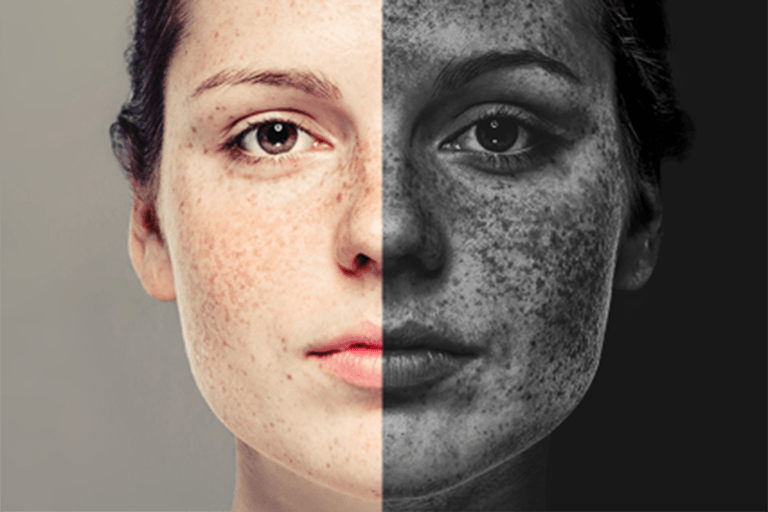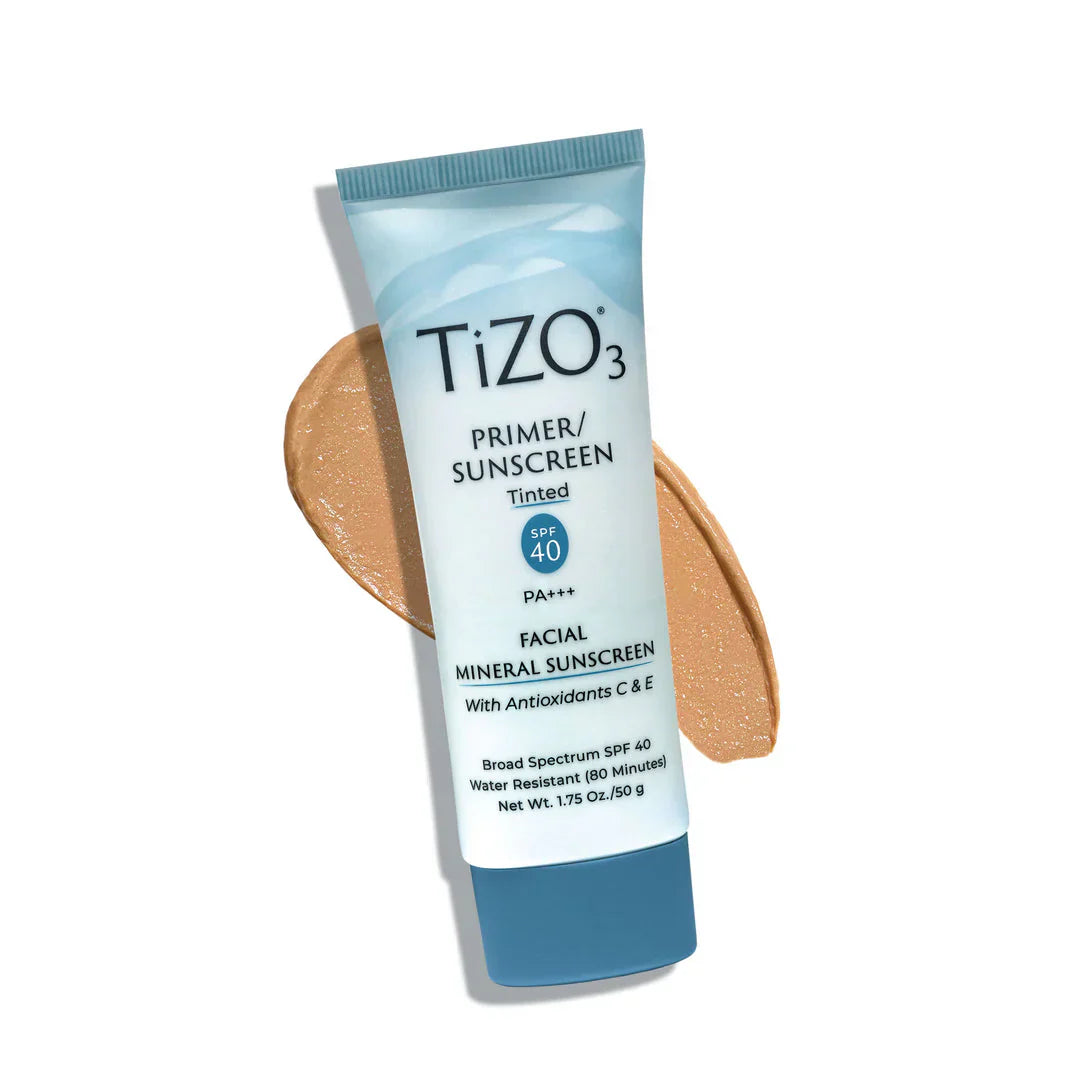Hyperpigmentation is a common skin condition where certain areas of the skin appear darker than the surrounding skin. It can affect people of all skin types and ages, often appearing as brown spots, uneven skin tone, or large areas of discolouration. Understanding the causes and treatment options for hyperpigmentation is crucial for effectively managing and reducing its appearance.
What Is Hyperpigmentation?
Hyperpigmentation occurs when certain areas of the skin produce more melanin than usual, resulting in darker patches compared to the surrounding skin. This can lead to spots or patches that appear brown, black, grey, or red, depending on the individual's skin tone and the underlying cause.
Common Types of Hyperpigmentation
There are several forms of hyperpigmentation, including:
-
Post-Inflammatory Hyperpigmentation (PIH): This occurs after an injury or inflammation, such as acne or eczema.
-
Melasma: Often triggered by hormonal changes, especially during pregnancy or while taking birth control pills.
-
Sunspots (Solar Lentigines): Caused by prolonged sun exposure, these are common on the face, hands, and other areas frequently exposed to UV rays.
-
Freckles: Tiny brown spots on the skin that tend to become more noticeable with exposure to sunlight.
Primary Causes of Hyperpigmentation
-
Sun Exposure: Ultraviolet (UV) rays stimulate melanin production, which can result in darker patches over time.
-
Hormonal Changes: Conditions such as pregnancy or the use of hormonal medications may lead to increased melanin production.
-
Skin Injuries: Conditions like cuts, burns, acne, or rashes can lead to increased melanin production as the skin heals.
-
Certain Medications: Drugs such as chemotherapy agents, antibiotics, or antimalarials may cause discolouration.
-
Medical Conditions: Diseases such as Addison’s disease or hemochromatosis can also cause changes in skin pigmentation.
Additional Read: Treating Hyperpigmentation with Powerful Skincare Products
Treatment Options for Hyperpigmentation
Managing hyperpigmentation depends on its cause and severity. Here are common approaches:
1. Topical Treatments
-
Hydroquinone: Often used as a skin-lightening agent under medical supervision.
-
Retinoids: Help improve skin cell turnover and reduce the appearance of dark spots.
-
Vitamin C: An antioxidant that helps brighten skin and even out tone.
-
Niacinamide: Known for its ability to reduce pigment transfer and improve overall skin clarity.
Additional Read: Vitamin C Serum
2. Chemical Peels
These involve applying an acid solution to exfoliate the upper layers of skin, which can help reduce the visibility of pigmentation over time.
3. Laser Therapy
Laser treatments target pigmented areas with controlled light energy to break down melanin deposits.
4. Microdermabrasion
A minimally invasive procedure that exfoliates the surface layer of the skin, often used to treat superficial pigmentation issues.
5. Sun Protection
Using broad-spectrum sunscreen daily is crucial for preventing further pigmentation and protecting the skin from UV damage. SPF 30 or higher is generally recommended.
Prevention Tips
-
Reduce Sun Exposure: Stay in shaded areas and wear protective clothing when spending time outside.
-
Use Sunscreen Year-Round: UV rays affect the skin even on cloudy days or indoors near windows.
-
Avoid Picking at Skin: Let wounds or acne heal naturally to minimise the risk of PIH.
-
Follow a Consistent Skincare Routine: Gentle cleansing and moisturising can help maintain healthy skin.
Additional Read: The 10 Best Products for Pigmentation
Target Hyperpigmentation with The Science of Beauty’s Skincare Solutions
Choose The Science of Beauty Skincare Products to help reduce the appearance of hyperpigmentation and improve overall skin clarity. Formulated with ingredients known to target dark spots and uneven tone, our products are designed to support healthier-looking skin with consistent use. Whether you're dealing with sunspots, acne marks, or other types of discolouration, a focused skincare routine can make a noticeable difference. Trust Science of Beauty for solutions backed by research and crafted for visible results.



